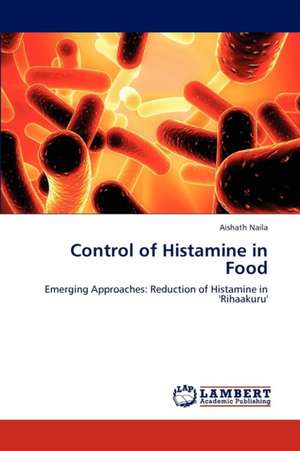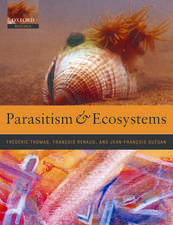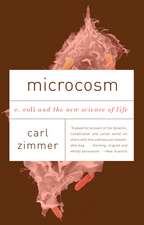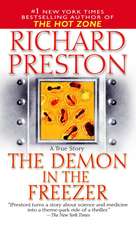Control of Histamine in Food
Autor Aishath Nailaen Limba Engleză Paperback – 3 sep 2012
Preț: 485.72 lei
Preț vechi: 527.95 lei
-8% Nou
Puncte Express: 729
Preț estimativ în valută:
92.95€ • 97.36$ • 77.03£
92.95€ • 97.36$ • 77.03£
Carte tipărită la comandă
Livrare economică 08-22 aprilie
Preluare comenzi: 021 569.72.76
Specificații
ISBN-13: 9783659217814
ISBN-10: 3659217816
Pagini: 304
Dimensiuni: 152 x 229 x 17 mm
Greutate: 0.45 kg
Editura: LAP LAMBERT ACADEMIC PUBLISHING AG & CO KG
Colecția LAP Lambert Academic Publishing
ISBN-10: 3659217816
Pagini: 304
Dimensiuni: 152 x 229 x 17 mm
Greutate: 0.45 kg
Editura: LAP LAMBERT ACADEMIC PUBLISHING AG & CO KG
Colecția LAP Lambert Academic Publishing
Notă biografică
Aishath Naila received her PhD in Food Technology from Massey University, New Zealand, in June 2012. Dr. Naila is a food expert who worked at the Maldivian regulatory authority, qualified in food auditing for HACCP; was a significant contributor in drafting the food regulations; and is responsible for the popular crackdown of food outlets in 2007.










